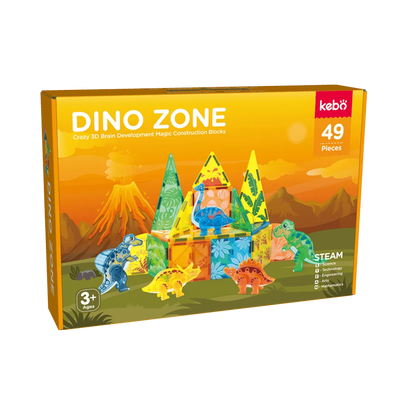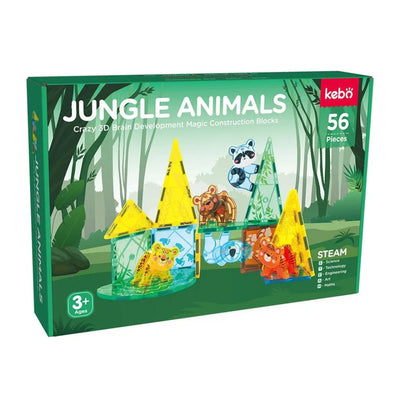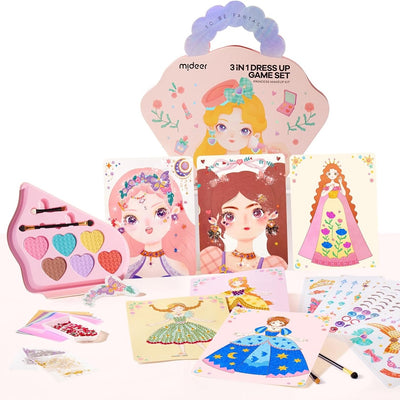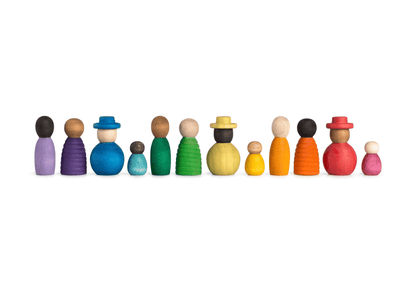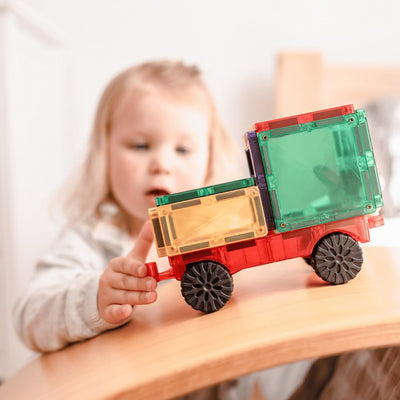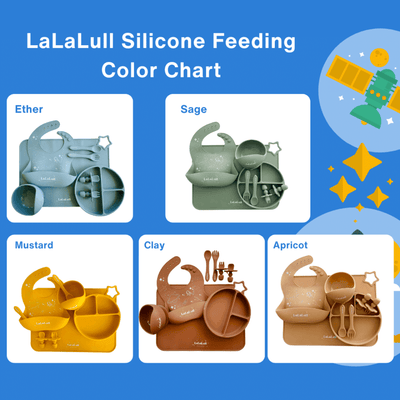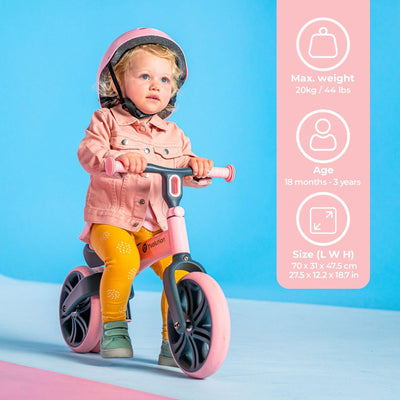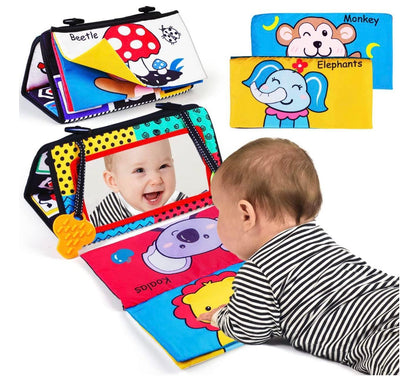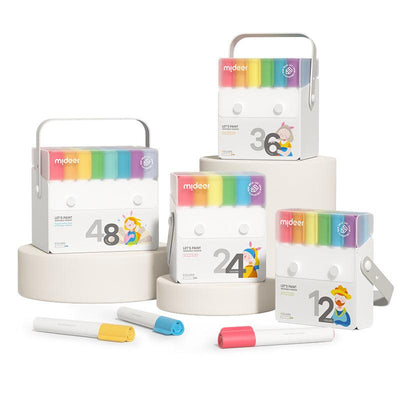Montessori education has long been revered for its unique approach to early childhood learning. This method emphasizes hands-on, child-centered learning that promotes independence, creativity, and holistic development. In Australia, the Montessori philosophy is widely adopted in Early Childhood Education (ECE), with many preschools and childcare centers incorporating Montessori principles into their curriculum.
How Montessori is Integrated into Australian ECE
Montessori Schools and Preschools
- Dedicated Montessori Institutions: There are numerous Montessori schools and preschools across Australia that fully embrace the Montessori method. These institutions are often members of the Montessori Australia Foundation (MAF) and adhere to Montessori principles and practices.
-
Montessori-Based Programs: Some mainstream schools and childcare centers integrate Montessori-based programs or elements into their curriculum, blending traditional teaching methods with Montessori activities.

Key Features of Montessori in Australian ECE
- Prepared Environment: Classrooms are designed to be child-centered, with materials and activities accessible to children to encourage independent learning.
- Mixed-Age Groups: Children of different ages learn together, fostering a sense of community and allowing older children to mentor younger ones.
- Hands-On Learning: Emphasis is placed on tactile and practical activities that promote sensory exploration and fine motor skills.
-
Individualized Learning Plans: Each child's learning journey is tailored to their individual needs, interests, and pace of development.

Benefits of Montessori in Australian ECE
- Independence and Confidence: Children develop self-reliance and confidence through self-directed activities and decision-making.
- Critical Thinking and Problem-Solving: Montessori activities encourage children to think critically and solve problems independently.
- Holistic Development: The Montessori method supports cognitive, social, emotional, and physical development through a balanced and comprehensive approach.
Regulatory and Support Organizations
- Montessori Australia Foundation (MAF): MAF is the national body that supports the growth and development of Montessori education in Australia. They provide resources, training, and accreditation for Montessori educators and schools.
- Australian Children's Education & Care Quality Authority (ACECQA): ACECQA oversees the National Quality Framework (NQF), ensuring high standards in early childhood education, including Montessori programs.
Why Choose Montessori Toys?
Montessori toys are specifically designed to align with these principles. They are:
- Simple and Purposeful: Each toy focuses on developing a specific skill.
- Made from Natural Materials: Using wood, cotton, metal, and other natural materials to provide a rich sensory experience.
- Reality-Based: Reflecting real-life objects and activities to help children understand and relate to their world.
- Self-Correcting: Allowing children to see and correct their own mistakes, promoting problem-solving skills.
Wooden Rainbow Toys in Montessori Education
Wooden rainbow toys are a perfect fit for Montessori education. These toys are not only visually appealing but also packed with educational benefits.
Key Features
- Natural Materials: Made from high-quality wood, these toys are safe, durable, and eco-friendly. Remember to buy wooden toys made by hardwood, not pinewood (softwood) to ensure kid's safety.
- Bright Colors: The vibrant colors attract children's attention and stimulate their visual senses.
-
Versatility: These toys can be used in various ways, such as stacking, sorting, and imaginative play, making them ideal for developing multiple skills.

Educational Benefits
- Cognitive Development: Wooden rainbow toys help children learn about colors, sizes, and patterns, enhancing their cognitive abilities.
- Motor Skills: Handling and manipulating the pieces improve fine motor skills and hand-eye coordination.
- Creativity and Imagination: The open-ended nature of these toys encourages children to use their imagination and creativity in play.
- Problem-Solving Skills: As children figure out how to stack and balance the pieces, they develop critical thinking and problem-solving skills.
- Social Interaction: These toys can be used in group activities, promoting teamwork and social skills.
Incorporating Wooden Rainbow Toys into Montessori Education
At Home
Parents can easily integrate wooden rainbow toys into their child's playtime at home. Here are some tips:
- Create a Montessori-Friendly Space: Set up a dedicated play area with accessible shelves and organized toys.
- Encourage Independent Play: Allow children to explore the toys on their own, fostering independence and self-discovery.
- Rotate Toys: Regularly change the toys available to keep the environment stimulating and engaging.
In Kindergartens
Educators in Montessori kindergartens can use wooden rainbow toys to enhance their curriculum:
- Group Activities: Use the toys for collaborative projects that promote social skills and teamwork.
- Thematic Learning: Integrate the toys into lessons about colors, shapes, and structures.
- Skill Development: Focus on specific skills such as sorting, stacking, and balancing during playtime.
Conclusion
Montessori Toys are an integral part of fostering holistic development in children. Wooden rainbow toys are a shining example of how high-quality, educational toys can make a difference in a child's learning journey. By incorporating these toys into both home and educational settings, parents and educators in Australia can provide children with the tools they need to grow, learn, and thrive in a Montessori environment.
For more detailed information about Montessori education in Australia, you can visit the Montessori Australia Foundation’s website: Montessori Australia Foundation.
